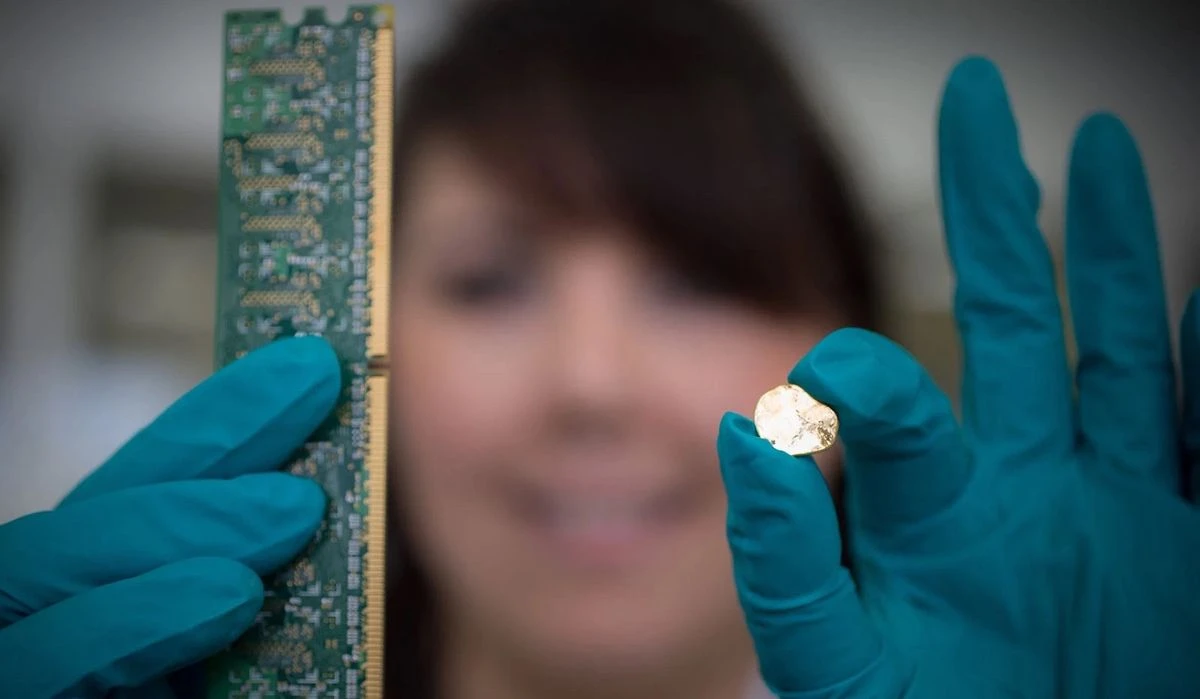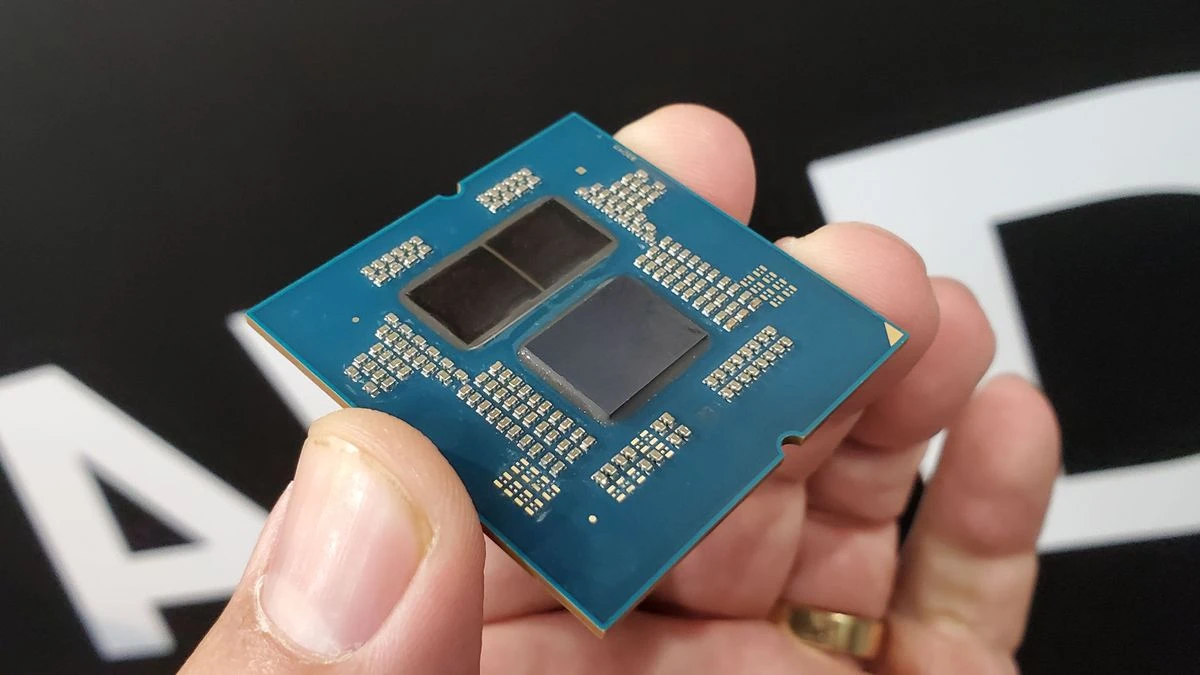The UK Royal Mint's "urban mining" extracts more gold than you might imagine from old motherboards, other junk and other items
The Royal Mint in the UK, which is best known for producing the country's coins, has a brand new job. It is now extracting gold out of e-waste. The company has constructed a new industrial facility to "mine" for gold from discarded electronic waste. The Royal Mint said the gold would be used initially to make jewellery, and eventually it will be made into commemorative coins. (via BBC).
The big question is how much gold is in your old TVs, toaster circuits, and motherboards. The Royal Mint estimates that it can salvage 450kg of gold from 4,000 tonnes of e-waste.
This is roughly worth $35 million at current prices. You can see the Royal Mint's motivation for trying it out.
This translates to roughly one part of gold per 8,000 e-waste. When you think about it, that's a lot of gold. When you consider the massive amounts of eWaste produced worldwide every year, it's a lot to throw out.
Most estimates place that number at 50 million tons. The Royal Mint selects eWaste with a relatively high gold content. The Royal Mint's rate of recovery for e-waste is 50 million tons per year. This does not imply that 6,250 tons gold are in eWaste. The global annual gold production is less than half of this figure.
It still makes one wonder how much gold is being sent to landfills and rotting in junkyards.
Naturally, recovering the gold from e-waste is not straightforward. In the past, extracting gold out of e-waste was a questionable environmental trade-off. The Royal Mint claims that it has largely closed this particular circle.
Leighton John is the Royal Mint’s operations director. He says that traditional gold recovery processes are energy-intensive and use toxic chemicals which can only be used one time. Or they go to high-energy smelters where they are basically burned.
He says, "The revolutionary thing for us is that this chemistry can be used at room temperature and with very low energy. It's also recyclable and it pulls gold quickly."
All this gives the Royal Mint a job, since cash usage is rapidly declining in an age where digital and contactless payments are ubiquitous. We don't use nearly as many coins anymore.
The Royal Mint is evaluating whether it will be worth recovering other metals in the future, including aluminium. copper, tin, and steel. The Royal Mint is also reportedly looking into the possibility of turning shredded motherboards into building materials.
It's interesting to think about how much gold is in your computer. You'd be surprised to learn that your PC contains a lot more gold than you thought. However, we think you'd still be better off playing Baldur's Gate 3 rather than smelting down the gold for cold, hard money.




Comments